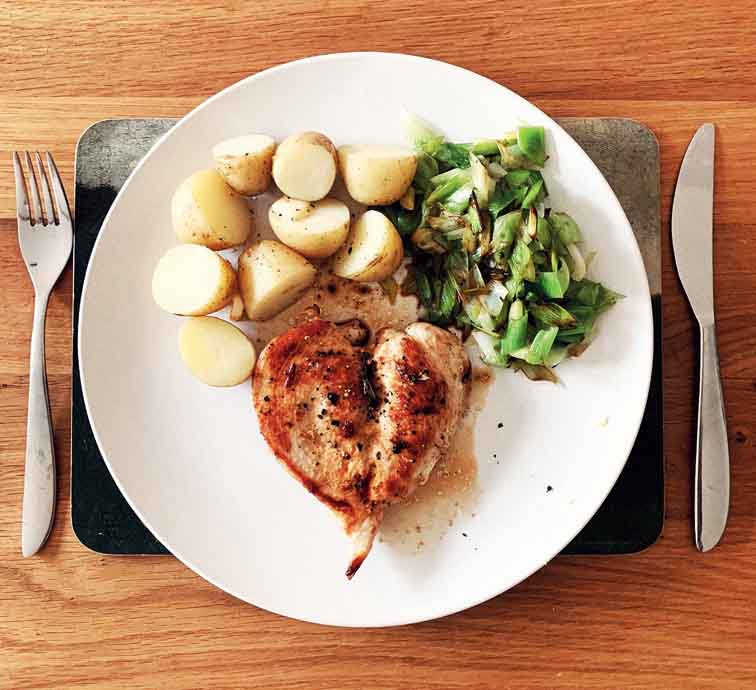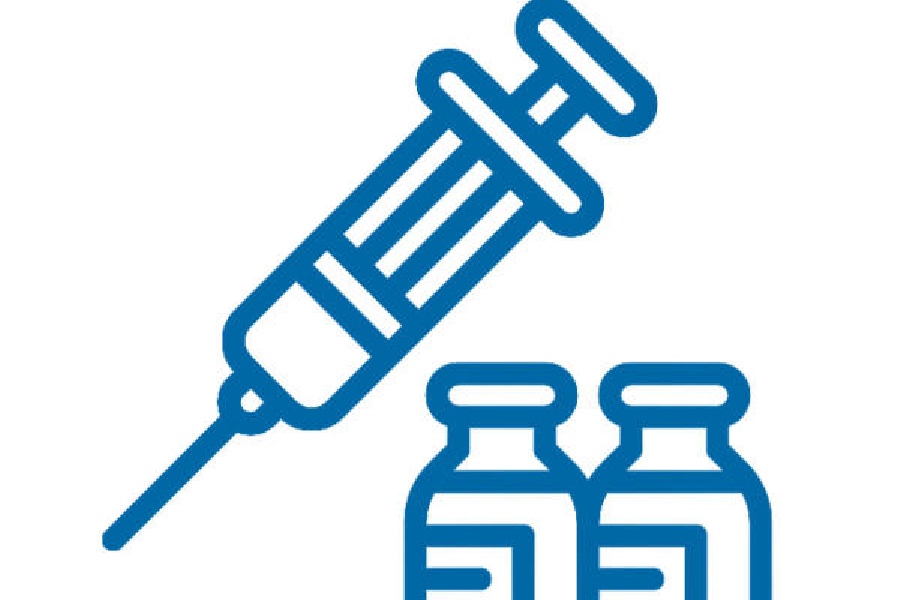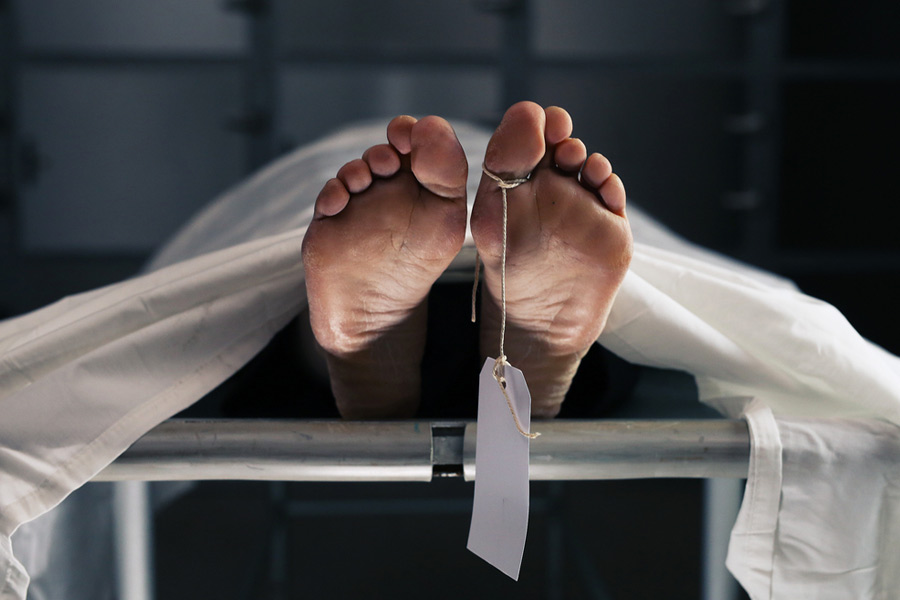The pandemic has had a profound effect on our lives. One thing that has been deeply disturbed is sleep. The lack of a daily routine has disrupted our schedules, which in turn has turned our sleep-wake cycle upside down. Moreover, the unlimited exposure to blue light emitting from gadgets, which has provided the much-needed distraction, solace and social connectivity in these trying times, has also added to our sleep woes, especially those of teenagers. Skimping on shut-eye adversely affects our health. Let’s practise good sleep hygiene to reset our body clock.
Slumber trouble
Insomnia: It is the inability to initiate or maintain sleep. This can lead to excessive daytime sleepiness, depression, irritability and so on. This affects functional ability of a person. It may also take the form of early morning awakening in which the person wakes up several hours early and is unable to go back to sleep.
Hypersomnia: A smaller number of people sleep excessively, a disorder known as hypersomnia. It is particularly common in teenagers and young adults with depression. For most adults, sleeping more hours than what’s recommended may indicate an underlying health concern, such as sleep apnoea, Parkinson’s disease, depression, anxiety, infections and gastrointestinal disorders.
Narcolepsy: It is a condition where an individual suffers from excessive daytime sleepiness combined with sudden weakness.
Restless Legs Syndrome: RLS is characterised by a “creeping” sensation, originating in the lower legs, but often related to as aches and pains throughout the legs. This often causes difficulty in commencing sleep and is relieved by movement of the leg, such as walking or kicking.
Sleep apnoea: Snoring could be more than just an irritating habit; it may be an indication of sleep apnoea. These are people who characteristically make intermittent gasping or snorting sounds, during which their sleep is temporarily interrupted. Those with sleep apnoea may also experience lack of energy, and excessive drowsiness during the day, as their sleep is not restorative.
Why sleep?
Some people feel sleeping is a waste of time. However, if you don’t sleep well and enough, be ready to fall sick. Good sleep is critical for health. It helps restore, repair and rejuvenate our bodies and mind. Poor sleep can weaken one’s immunity, cause mood swings and decrease memory and concentration.
Sleeping less or more than what is required leads to various health issues. Insufficient sleep has been linked to the development of type 2 diabetes, heart disease, obesity and depression. It has been reported that short sleep duration is particularly detrimental for children and adolescents; it adversely affects brain development. Insufficient sleep is associated with obesity, especially in youngsters, because lack of sleep negatively impacts appetite regulation and energy expenditure. Conversely, regularly sleeping more than what’s recommended may increase the risk of obesity, headache, back pain and heart diseases.
How much sleep do I need?
The amount of sleep you need changes as you age. Preschool (three to five-year-olds): 10 to 13 hours a day. School age (six to 12-year-olds): Nine to 12 hours a day. Teenagers (13 to 18-year-olds): Eight to 10 hours a day. Adults: Seven to nine hours per day.
Melatonin, nature’s sleeping pill
A naturally occurring hormone, it controls our circadian rhythm and helps in regulating sleep. It is normally triggered in the dark, hence eponymously called the ‘Hormone of Darkness’. It is secreted at night by the pineal gland in the brain to induce and maintain sleep. Excessive exposure to blue light can block the production of melatonin. It is made in the brain by converting an amino acid, tryptophan, to serotonin and then to melatonin. Tryptophan and serotonin fuel our sleep engine. Carbohydrates make tryptophan more available to the brain, which is why carbohydrate-heavy meals can make you drowsy. Vitamin B6 is also needed for the production of melatonin and calcium is needed for processing both tryptophan and melatonin.
Consuming melatonin-rich food is not just great to catch Zs but it also exhibits anti-inflammatory, immune-boosting and anti-ageing properties. Scientific evidence shows little or no benefit of melatonin supplements in improving sleep. Nonetheless, melatonin supplements are widely used as sleep aids.
Hena Nafis is a consultant nutritionist and the owner of nutrition and lifestyle clinic Nutrience, and the health cafe, Eat Good Food

Chicken provides an ample amount of tryptophan which helps in the production of a neurotransmitter — serotonin, which is relaxing to the body Sourced by the Telegraph
Food rescue
Your diet can influence your sleep. Some foods can help induce good sleep and regulate sleep cycle. They normally contain sleep-promoting nutrients, such as tryptophan, B6, calcium, magnesium, potassium, which helps in the production of melatonin. Foods rich in magnesium help in achieving deep, restorative sleep. It does so by maintaining healthy levels of GABA — a neurotransmitter, which promotes sleep.
Try these sleep-inducing foods in the evening and you may be surprised by how fast you fall and stay asleep.
- Cherry: They are a great source of naturally-occurring melatonin. Drinking a glass of tart cherry juice can reduce the severity of insomnia and improve overall quality of sleep, making you feel rested and fresh.
- White rice: The high glycaemic index of white rice encourages insulin production, which in turn increases tryptophan activities in the brain. Research has shown that Sleep Onset Latency (SOL) is reduced if you consume high GI foods. This means it will take 50 per cent less time to fall asleep as compared to low GI Foods. High GI foods like white pasta, white bread, potatoes and so on won’t get you in shape but might just help you with tranquil sleep.
- Oats: Grains in oatmeal can trigger insulin production, which can make you sleepy. The old-fashioned oats is also rich in melatonin, which can relax you and induce drowsiness, if taken an hour or two before bed.
- Banana: It works as a natural sedative as it contains both tryptophan and magnesium.
- Kiwi: They have one of the highest levels of serotonin, which is a precursor to melatonin. Hence, some researchers claim that kiwis can make you sleep like a brick. Eating two kiwis, one hour before bed for four weeks, can have a significant impact on both quantity and quality of sleep. Moreover, kiwis are loaded with vitamin C, giving a double boost to your immunity.
- Pistachio: It is packed with B6, magnesium and protein, all of which contribute to better sleep. It is the most melatonin-rich nut; eating a handful of these nuts is like taking a melatonin supplement.
- Chicken: This lean protein food provides an ample amount of tryptophan which helps in the production of a neurotransmitter — serotonin, which is relaxing to the body.
- Fish: Eating fish for dinner is a better choice than eating it for lunch. It will save you the day-time drowsiness and give you restful sleep at night.
- Milk: The reason why warm milk is so good for falling asleep is that it contains four sleep-promoting compounds: tryptophan, calcium, vitamin D and melatonin. Some people drink chocolate milk at bedtime. Chocolate, however, contains xanthine, which will act like a stimulant and destroy your sleep. Rather add honey to milk, it will lower levels of orexin, a neurotransmitter that makes you more alert and keeps you awake.
- Chamomile tea: This calming herbal tea may promote sleepiness. It contains apigenin, an antioxidant that binds to certain receptors in your brain that may reduce insomnia and symptoms of depression. It has also been reported that it can make you sleep faster and reduce night-time awakening. Drinking chamomile tea is worth a try, if you want to improve the quality of your sleep.










